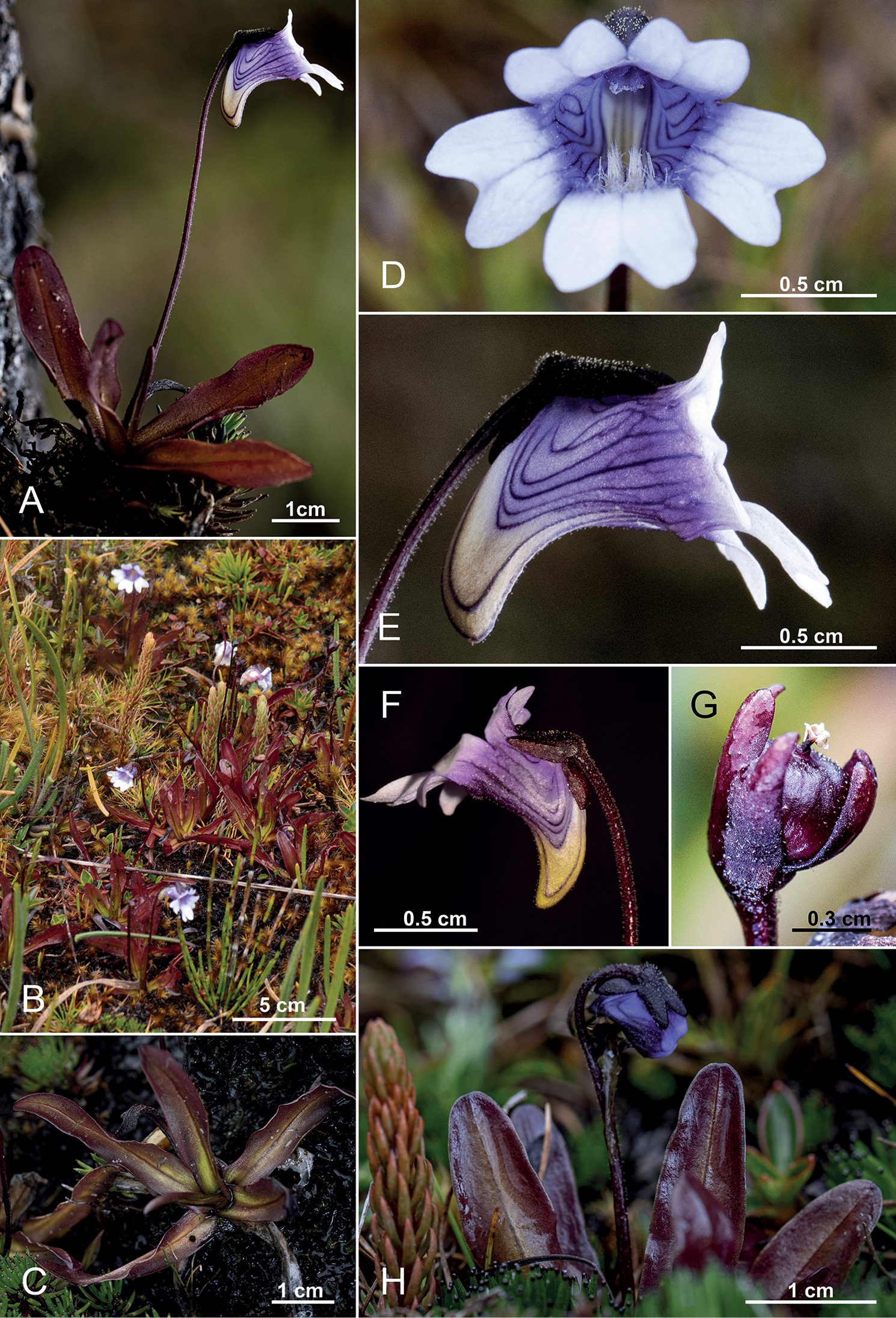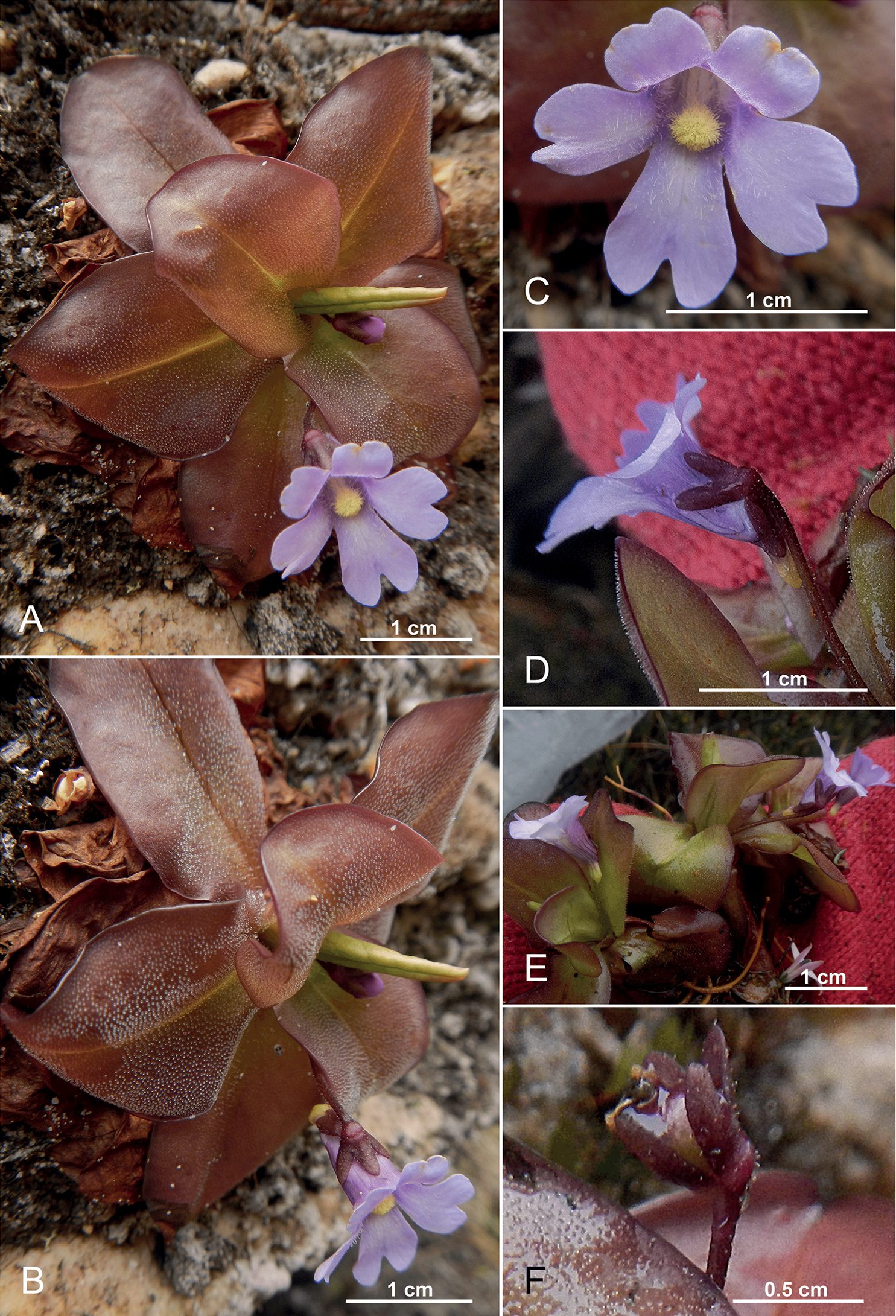Carnivorous plants are some of nature’s most fascinating species. From evolving to count, to winning competitions, these species have specialized in digesting everything from mammals to reptiles and insects. Now two new species of carnivorous plants have been discovered high in the mountains of Ecuador.
These particular species belong to a genus of insectivorous plants called Pinguicula. The genus currently consists of about 115 species, mainly found in Europe and the Americas in the Northern Hemisphere. Around seven species are known to be in South America and all are narrow endemics, meaning they are only found in very few places. Only one species, P. calyptrata, was known in Ecuador, but now that number has tripled.
P. jimburensis and P. ombrophila have joined the ranks as the two new species described in the study. Found on the shore of a highland lagoon at 3,400 meters (11,154 feet) and on a vertical rock face 2,900 meters (9,514 feet) up, these species are insectivorous and were found in the large Amotape-Huancabamba zone, which includes areas of southern Ecuador and northern Peru and is famous for its exceptional biodiversity.

Unfortunately this is the only known location of these two species, which make them extremely vulnerable. One positive is that the area where the flowers were found is extremely difficult to access, making them somewhat safer from human interference.
“Both of these new species are only known from a single location, where only a few dozens of plant individuals occur in each case,” said senior author Tilo Henning of Leibniz Center for Agricultural Landscape Research (ZALF), who is a specialist in this plant family in this region, in a statement. Henning noted that for one of them, only one population with about 15 mature individuals was discovered, making it vulnerable even despite its isolated location.
One of the species is named P. ombrophila, meaning “rain-loving butterwort”, as the plant prefers very wet conditions, and the rain and fog that are characteristic of the area. However, these plants are not only under threat from urbanization of the areas surrounding them, but also the impact of human-induced climate change that could alter the ecosystem.

Henning explained that the limited distribution of these new species is typical of the Amotape-Huancabamba zone. The authors are convinced that there are many more new plant and animal species waiting to be discovered, but also in need of protection.
“Even in well-known groups such as the carnivorous plants, new taxa are continuously discovered and described, in particular from remote areas that become accessible in the course of the unlimited urban sprawl. This is both encouraging and worrying at the same time,” the paper concludes.
The study is published in PhytoKeys.
Source Link: Two New Species Of Carnivorous Plants Discovered High In The Ecuadorian Mountains